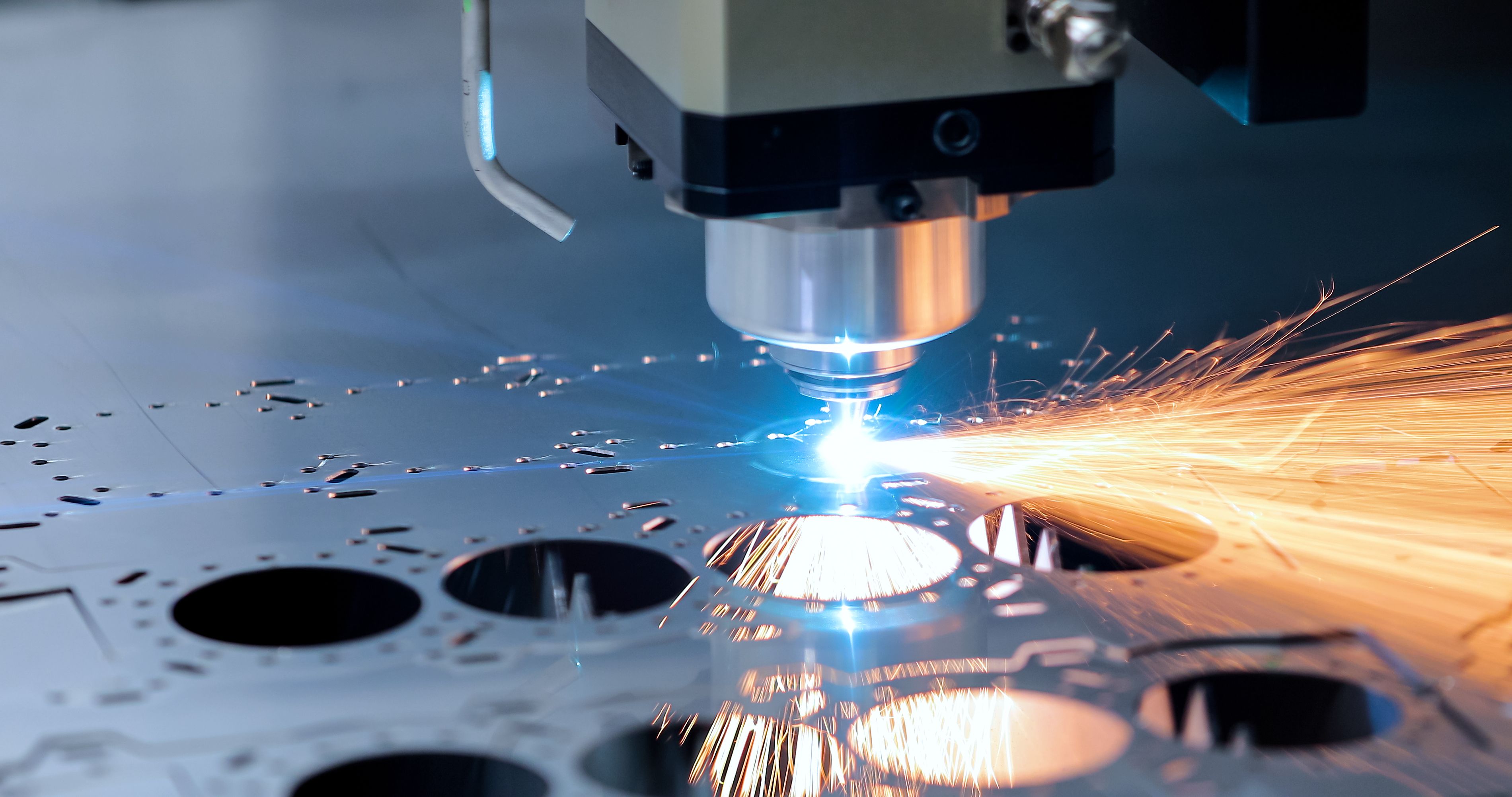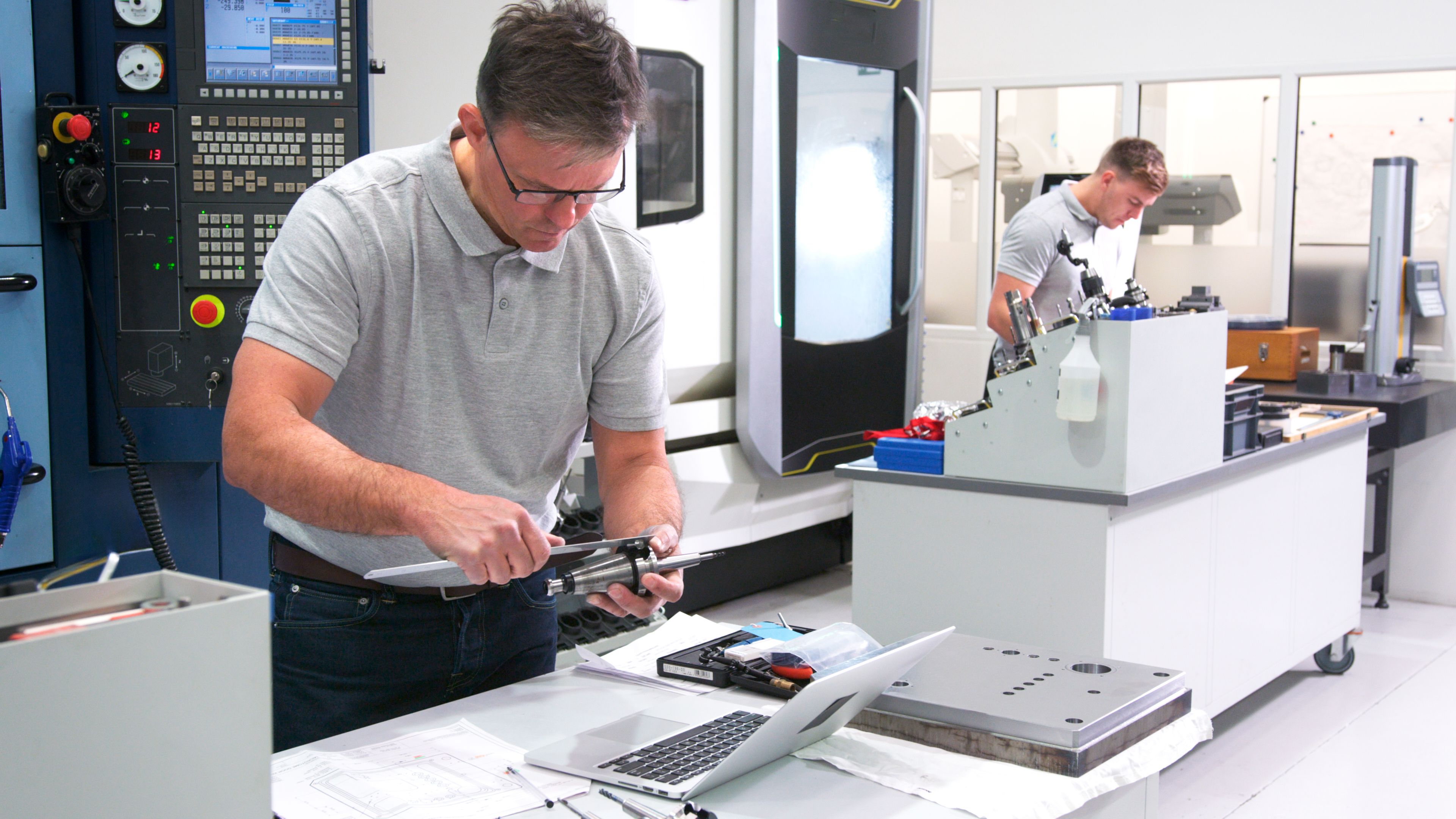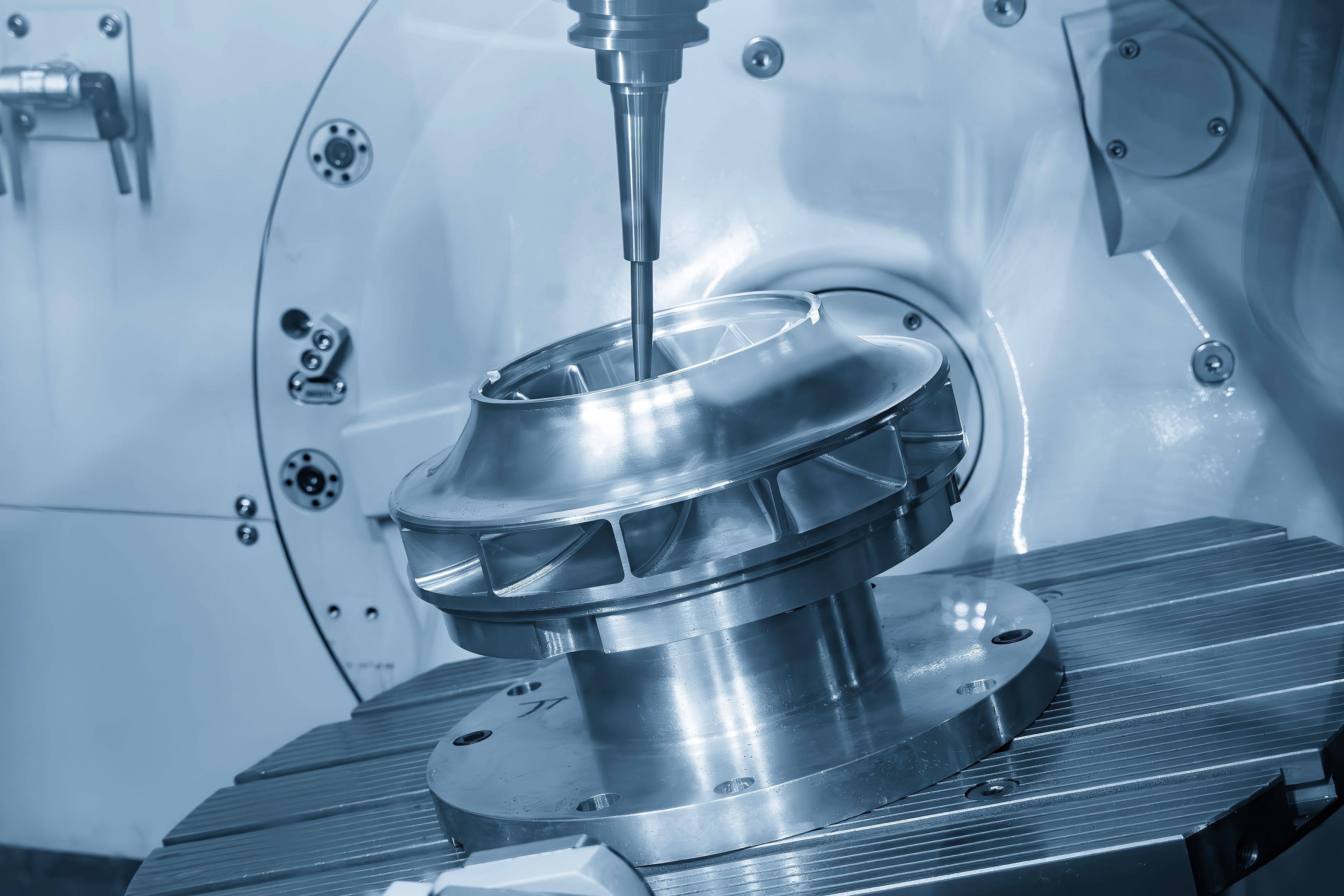Introduction to CNC Machining: A Beginner's Guide
Understanding CNC Machining
CNC machining, or Computer Numerical Control machining, is a manufacturing process that uses computerized controls and machine tools to remove layers of material from a workpiece. This process is used to produce custom-designed parts and products with high precision. CNC machining is prevalent across various industries, including automotive, aerospace, and electronics, due to its efficiency and accuracy.

The Basics of CNC Machines
At its core, a CNC machine is a programmable device capable of performing a wide range of machining operations. These machines offer several advantages over traditional manual machining, such as improved speed, consistency, and the ability to produce complex geometries. CNC machines can be programmed to perform tasks like drilling, milling, turning, and more.
There are several types of CNC machines, each designed for specific operations. Common types include CNC mills, CNC lathes, and CNC routers. Each machine type specializes in different tasks and workpiece types, making them versatile tools in manufacturing.
How CNC Machining Works
The process begins with the creation of a digital design file, usually in CAD (Computer-Aided Design) software. This design file is then converted into a format that the CNC machine can understand. This is done using CAM (Computer-Aided Manufacturing) software, which generates the necessary instructions for the machine.

Once the instructions are ready, they are loaded into the CNC machine's computer. The machine follows these instructions precisely to remove material from the workpiece and create the desired shape. The level of precision achieved by CNC machining is unmatched, allowing for intricate designs and tight tolerances.
Advantages of CNC Machining
CNC machining offers numerous benefits over conventional manufacturing methods. These include:
- High Precision: CNC machines can achieve extremely tight tolerances, ensuring consistent quality across all produced parts.
- Increased Efficiency: Once programmed, CNC machines can operate 24/7 with minimal human intervention, significantly boosting production rates.
- Versatility: CNC machines can be quickly reprogrammed to produce different parts, making them ideal for prototyping and small-batch production.

Getting Started with CNC Machining
If you're new to CNC machining, it's essential to start by understanding the basic components and operations of CNC machines. Familiarize yourself with CAD/CAM software, as it plays a crucial role in creating and modifying designs. Additionally, gaining hands-on experience with a CNC machine will help you grasp the intricacies of the process.
Many educational institutions offer courses in CNC machining, providing a solid foundation for beginners. Online resources and tutorials are also available for self-study, making it easier than ever to learn about this fascinating technology.
Conclusion
CNC machining is revolutionizing manufacturing by offering unparalleled precision and efficiency. As technology continues to advance, CNC machines are expected to become even more integral to industrial processes. Whether you're looking to start a career in machining or exploring new manufacturing methods, understanding CNC machining is invaluable.
